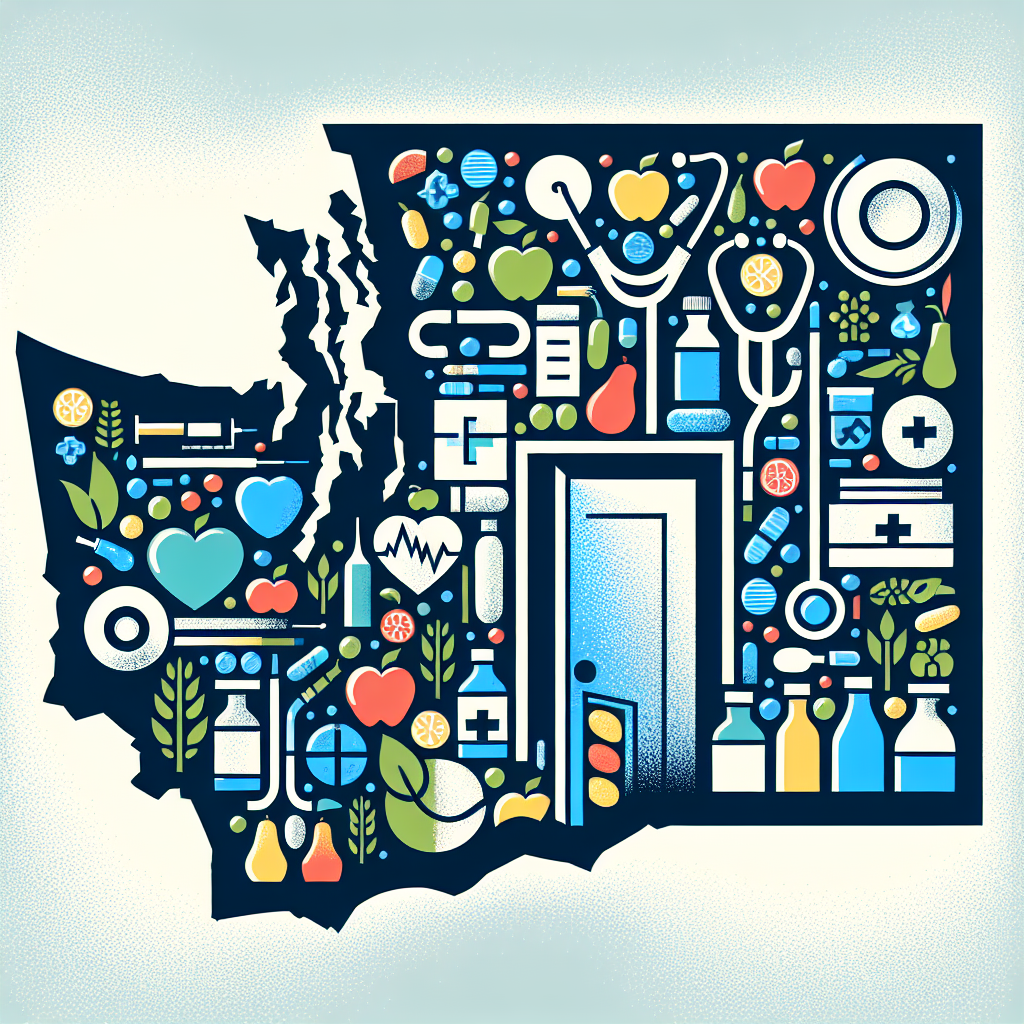Filed under Health Insurance on
Health Insurance Options for Undocumented in Washington

Navigating the healthcare system in the United States can be a complex and sometimes daunting task, especially for those who are undocumented immigrants. In Washington, as in several other states, finding accessible and affordable health insurance options for undocumented individuals is crucial. This article delves into various health insurance alternatives for undocumented residents in Washington, providing a comprehensive guide to available resources, community programs, and state-level initiatives aimed at enhancing healthcare access for everyone.
Understanding the Challenges
Undocumented immigrants face unique challenges when it comes to securing health insurance. Federal programs like Medicare and Medicaid are generally inaccessible to non-citizens without permanent residency, leaving a significant gap in healthcare coverage. However, Washington has taken steps to bridge this gap through state-level programs and community-driven initiatives dedicated to improving health outcomes for all residents, regardless of their immigration status.
Washington State's Approach
Washington is among the forward-thinking states striving to provide health insurance options for undocumented immigrants. While these efforts are frequently evolving, the state’s commitment to inclusivity in healthcare remains evident through a number of programs focused on broadening access.
Apple Health for Kids
One notable program is Apple Health for Kids, which offers health coverage to children under 19, regardless of immigration status. This initiative ensures that children receive necessary medical attention, contributing to a healthier future generation.
Community Health Centers
Washington hosts numerous community health centers that cater specifically to the uninsured and undocumented populations. These establishments provide essential services, including preventive care, medical treatments, and mental health support, often on a sliding fee scale based on income.
Charity Care Programs
Charity care programs represent another avenue for undocumented residents seeking health coverage in Washington. Hospitals and clinics across the state offer these programs to alleviate medical expenses for individuals who cannot afford to pay, emphasizing compassionate care and financial support regardless of citizenship.
Community Initiatives and Support
Beyond state programs, numerous community-led initiatives work tirelessly to offer health insurance options for undocumented communities in Washington.
Health Advocacy Organizations
Organizations such as the Washington Immigrant Solidarity Network and Latino Health Access are committed to enhancing healthcare accessibility. These groups often provide educational workshops, resources, and personalized guidance on navigating the healthcare landscape.
Immigrant Assistance Programs
Several local programs aim to assist undocumented residents in accessing healthcare services. These initiatives typically involve partnerships with local health providers, offering a vital safety net for those excluded from traditional insurance options.
Industry Trends Influencing Undocumented Health Access
Current industry trends highlight an increasing awareness of the need to provide undocumented individuals with healthcare solutions. Some of the most significant trends include technology-driven healthcare solutions and policy shifts.
Telehealth and Digital Solutions
Telehealth has emerged as a crucial tool, expanding access to healthcare services without geographical limitations. For undocumented individuals in Washington, telehealth services can provide a convenient and private way to consult with healthcare professionals.
Policy Shifts and Advocacy
Recent policy changes and advocacy efforts focus on diversifying healthcare coverage accessibility for non-citizens. Nationwide conversations are gradually reshaping the landscape to incorporate inclusive measures, reflecting a transformative era in health policy.
Expert Opinions on Healthcare Access
Experts in the field frequently emphasize the importance of providing equitable healthcare solutions to all, including undocumented residents. According to Dr. Ana Maria Lopez, a healthcare advocate specializing in immigrant health, initiatives that embrace inclusivity not only foster healthier communities but also bolster the overall public health infrastructure.
Furthermore, industry leaders stress the necessity of ongoing support and policy innovation to ensure that everyone, regardless of documentation status, has access to necessary health services.
Conclusion
Health insurance options for undocumented individuals in Washington may seem limited compared to traditional avenues available to citizens and permanent residents. However, through state programs, community initiatives, and emerging trends, there are pathways to securing necessary healthcare services. As Washington continues to innovate and advocate for comprehensive health coverage, it takes a firm stand in supporting its undocumented population. This proactive approach not only improves overall public health but also strengthens community well-being, illustrating the importance of inclusive healthcare for all.





